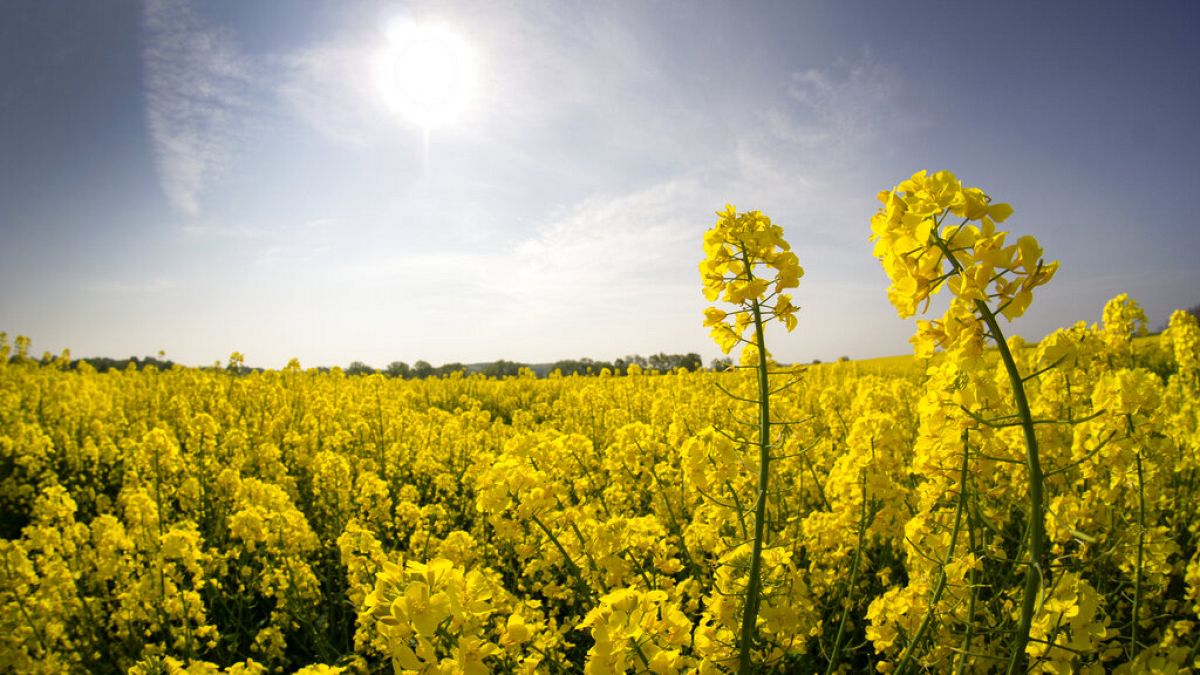Oxfam argues that despite caps introduced in recent years the EU continues to drive demand for food crops and land to be diverted into fuel production, but the biofuel industry continues to insist it is part of the solution to climate change.
Governments’ continued reliance on crop-based biofuels to meet European targets for greenhouse gas reduction is exacerbating global food insecurity and price volatility, Oxfam argues as it calls for an end to political incentives by the end of the decade.
Although the EU began a policy of promoting biofuel use in 2003, concerns over their impact on land use and food security has seen the proportion of crop-based or ‘first generation’ biofuels used in the transport sector capped at within one percentage point of the levels used in 2020 in a given member state, with a maximum of 7%.
But the UK-based global campaign group highlighted in a report this week that although the cap remains in place, crop-based products still make up the bulk (60% in 2021) of biofuels used in transport – with volumes set to rise as governments strive to meet a 29% green energy target for the sector by 2030.
Report author Julie Bos, Oxfam’s EU climate justice policy advisor, believes the third revision of the Renewable Energy Directive (RED) last year was a missed opportunity to end the negative food security, social and environmental impacts of Europe’s policy driven demand for biofuels.
The latest update of the rules gives EU countries the option to unilaterally reduce the cap on crop-based biofuels, but – perhaps not wanting to take a more difficult route to meeting the legally binding target, and, as Oxfam asserts, under pressure from industry lobbyists – very few have opted to do so.
“The EU had the chance to change biofuel rules to remove crop-based biofuels,” Bos told Euronews. “Instead, they chose to double down on a false climate fix.”
Oxfam cites research suggesting that biofuels have little to no net climate benefit when factors such as production, distribution and land-use change (such as deforestation) are taken into account.
Moreover, it argues that demand for biofuels driven by political mandates exacerbates volatility on global food markets and contributed to a spike in the price of vegetable oil following Russia’s invasion of Ukraine.
Bos argues that, with governments having until next year to transpose the latest iteration of the RED into their national law, there remains a window of opportunity to change course.
“They can phase out crop-based biofuels, limit the use of unsustainable advanced and waste biofuels and shift focus to reducing energy demand along with investing in public transport and electrifying cars,” Bos said.
“This is also the moment to strengthen sustainability criteria, human rights protection and reporting,” she added, noting that new EU rules on sustainable supply chains would do little to impact the market due to exemptions for all but the largest companies.
European biofuels production had grown to 20 billion litres a year by 2020, of which three-quarters was biodiesel and the remainder bioethanol. Trade groups representing manufacturers of these fuels dismissed the concerns raised in Oxfam’s report.
Xavier Noyon, secretary general of the European Biodiesel Board, said the biodiesel was an “affordable and effective transition solution towards carbon neutral transport” that makes up 90% of the renewable energy used in the EU transport sector today.
He noted that overall renewable energy use in transport stood at 9.6% today, far short of the 29% that must be reached by the end of the decade.
“How to do that without biofuels, including sustainable RED-compliant crop-based biofuels?” Noyon asked. “Biofuels should be encouraged, if we are serious about our climate commitments.”
Likewise, David Carpintero, director general of ePURE, the European renewable ethanol association, said banning crop-based biofuels would be “a disaster” for EU efforts to eliminate greenhouse gas emissions from transport.
In a 2020 renewable energy progress report, the European Commission noted that 7.4 million hectares of land was required for the production of crops for EU biofuel consumption in 2018, an area larger than Ireland, just over half of which was outside the bloc.

